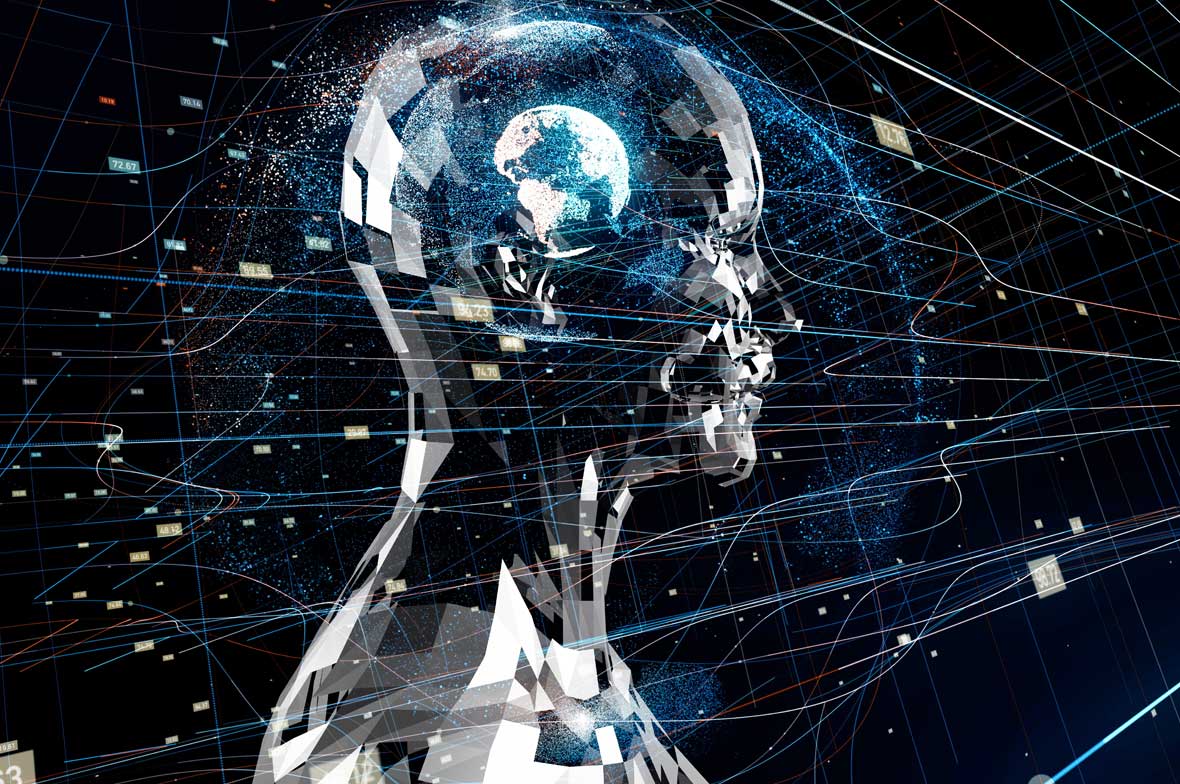As the original texts are written in Turkish, English translation is provided for non-Turkish readers. The author apologizes in advance for any and all possible changes and losses in meaning due to translation.
We, as Siemens Turkey esteem a future that is built through technology and woven with digitalization, so that Turkey would be listed amongst the modern countries, and set our course with this vision and guidance.
Undoubtedly, young people have a major role to play in this future. Therefore, I believe we need to consider technological trends and innovations that shape the new world investing in education and human resources. Obviously, they are signaling what professions will transform “favorites” and which ones will gradually lose popularity and finally become obsolete and eradicated in the future.
I think the concept of lifelong learning should be one of the aspects that determine fundamental paradigms in education and training. Since this paradigm revolution in the workforce will not be for once, but permanent. McKinsey advocates 375 million employees that amount to 14 percent of the global workforce would shift their employment fields by the year 2030. According to many experts and current studies, this new world will need multi-skilled employees.
If we take the issue specifically for Turkey into consideration, what we really need is a human resource that can develop technologies and produce software on new tools. I am talking about a well-trained and competent workforce to analyze data and transform them into value in the factories of the future that employs more and more of digital production lines and automation. As Siemens, we attach great importance to this. We not only change our production models and ways of doing business, but also transform our workspaces and our relations with locations.
Before moving our Kartal factory to Gebze, we wished to create a new concept at one of the production lines in Kartal and built an experience center named DEX (Digital Experience Center). In this center we both experience digitalization and give digitalization trainings. In addition, teams from different business units come together in this area for joint projects and collaborate side by side for innovative and value-adding initiatives, thus eliminating the traditional boundaries of professions and job definitions.
Data literacy is vital for raising young people that see data everywhere and derive insights from these data. Investments in training and human resource focusing on this area will prevent our children and youth from the uncertainties of the rapidly changing world and serve as a driving force to create a better future.







No Comments